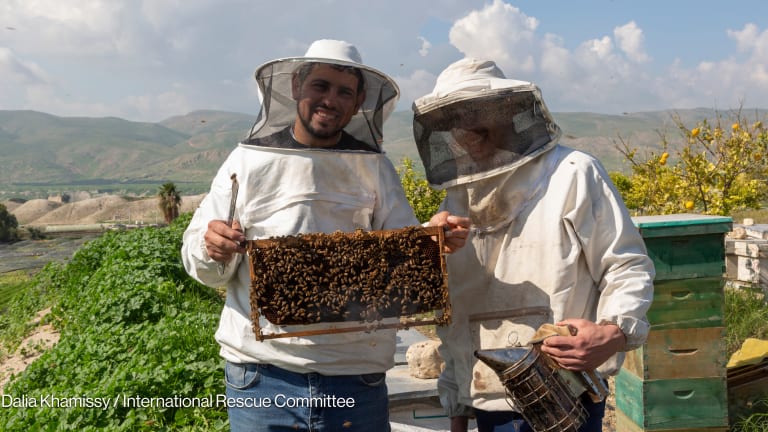How can development professionals working with young people make sure that young people’s voices are heard in their communities, particularly in poor or violent societies?
Matt Streng, senior adviser for youth development at Mercy Corps — an international development organization that helps people around the world survive and thrive after conflict, crisis and natural disaster — spoke to Devex in London, sharing his tips on how to engage young people in civic activity.
Programs that train young people to communicate their issues to leaders and understand how governance structures work are valuable. But only if after receiving training young people are actually able to put those skills into practice. Streng pointed out that development organizations need to deliver these programs alongside engaging with political leaders to create openings for young people’s voices to be heard.








